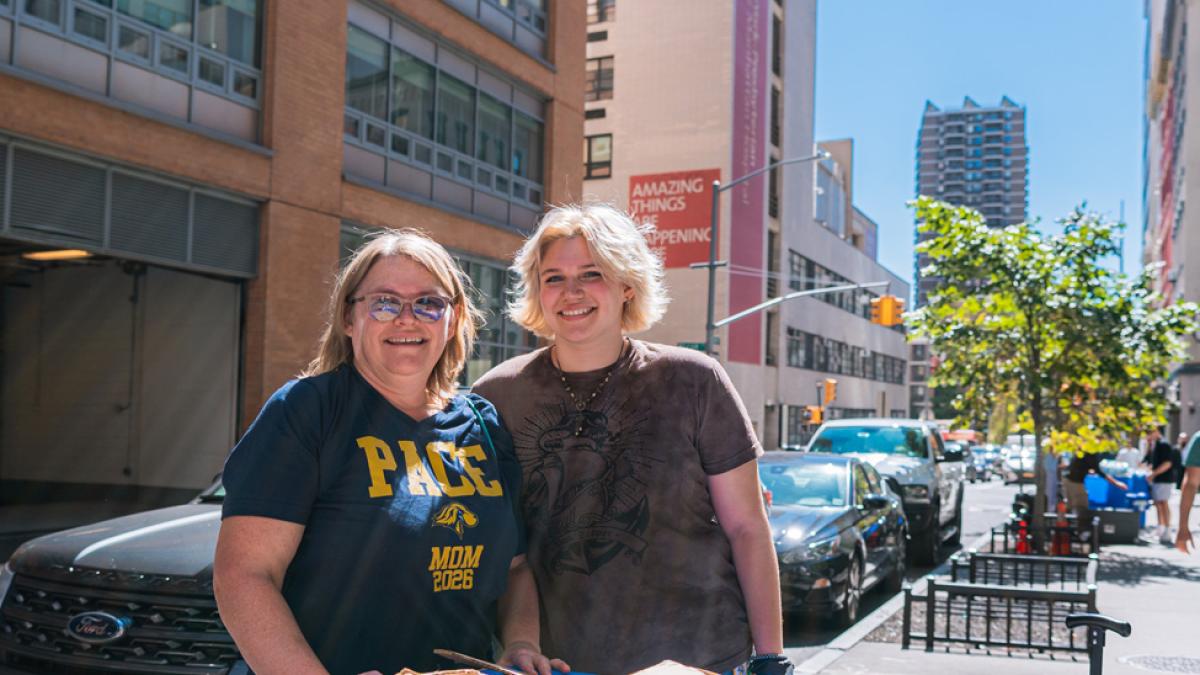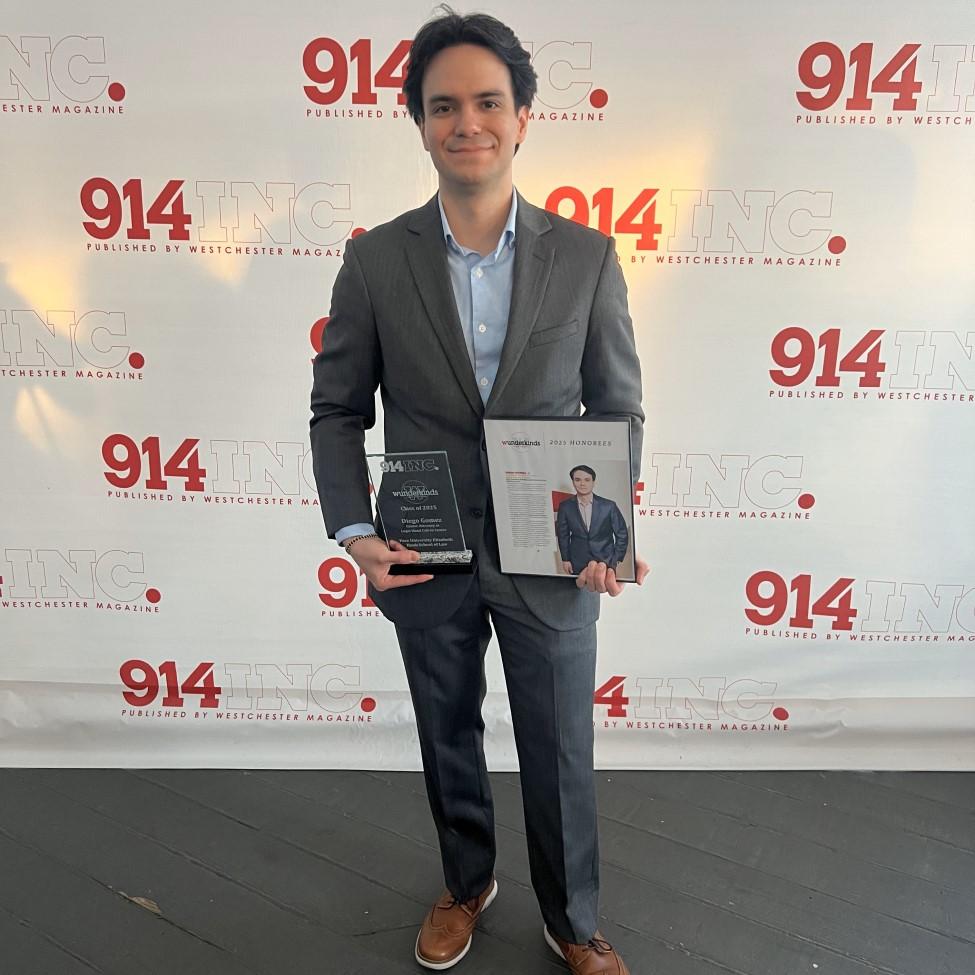
Trump Relishes Fights With Stars, Be It Springsteen, Swift or Rosie O’Donnell
Dyson Professor Melvin Williams speaks The Hill about President Trump’s continued battles with celebrities, notably his recent spat with “The Boss,” Bruce Springstein.
Power & Politics: Exclusive Interview With The New DNC Chair, SALT And The Latest Siena College Poll
Pace University Public Administration Department chair Gina Scutelnicu-Todoran appears on News12’s Power & Politics, sharing insights on the politics of the so-called “Big Beautiful Bill” that recently passed through the House of Representatives.
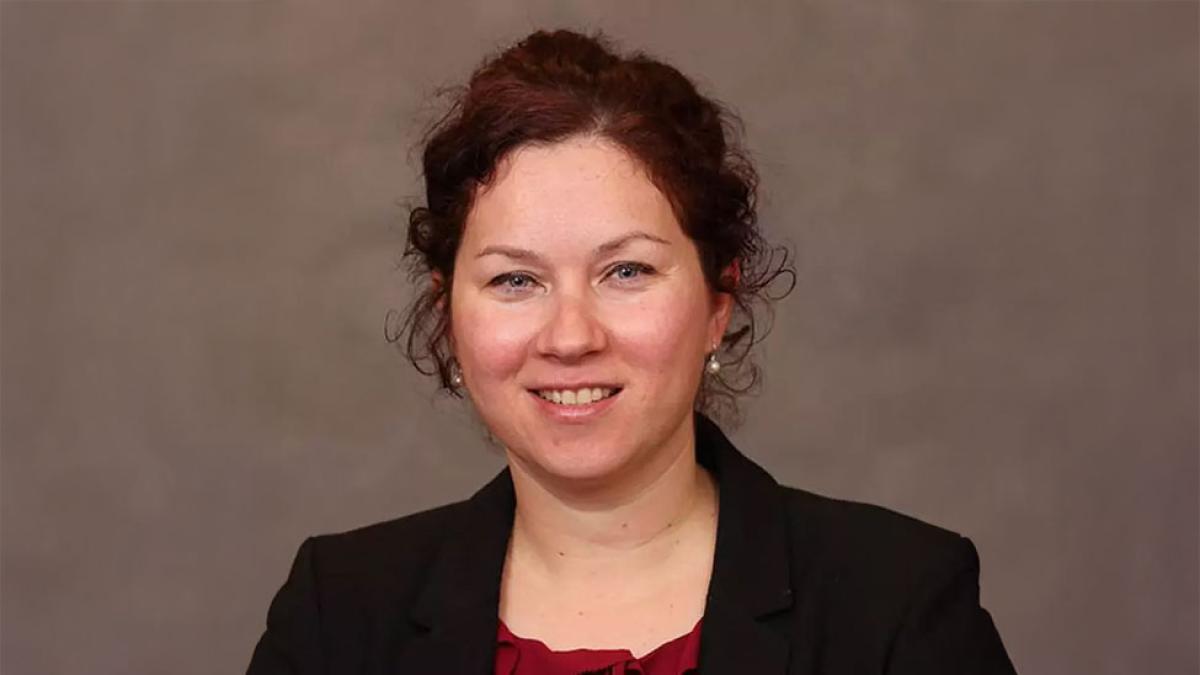
New York Prison System May Be At A Crossroads
Michael Mushlin, professor emeritus at the Elisabeth Haub School of Law at Pace University, speaks with Newsday about what he describes as a potential turning point for New York’s prison system amid ongoing calls for reform and accountability.
A Universal Injunction Compromise
In their Wall Street Journal article, “A Universal Injunction Compromise,” Pace Haub Law Professor Bennett Gershman and co-author Joel Cohen tackle the complex issue of universal injunctions, proposing a thoughtful solution to balance judicial oversight and executive authority. They argue for a mandatory short-term stay on injunctions to allow for swift appellate review—drawing on historical precedent from Holtzman v. Schlesinger, a Vietnam War-era case that illustrates how the courts can act quickly and decisively.
JoJo Siwa, Chris Hughes And When It's Time To Leave Celebrities Alone
Dyson Professor Melvin Williams speaks with USA Today about JoJo Siwa’s ability to make headlines and the media-savvy strategies that keep her at the center of pop culture conversations.
Westchester Magazine’s 914INC. Honors Legal Hand Call-In Center Attorney and Haub Law Graduate, Diego Gomez, as a 2025 Wunderkind
Pace University’s Elisabeth Haub School of Law is proud to announce that Diego Gomez ‘22, Center Attorney at the Legal Hand Call-In Center serving Westchester County, has been named a 2025 Wunderkind by Westchester Magazine’s 914INC. The annual Wunderkinds list honors the region’s most dynamic and innovative young professionals under the age of 35.
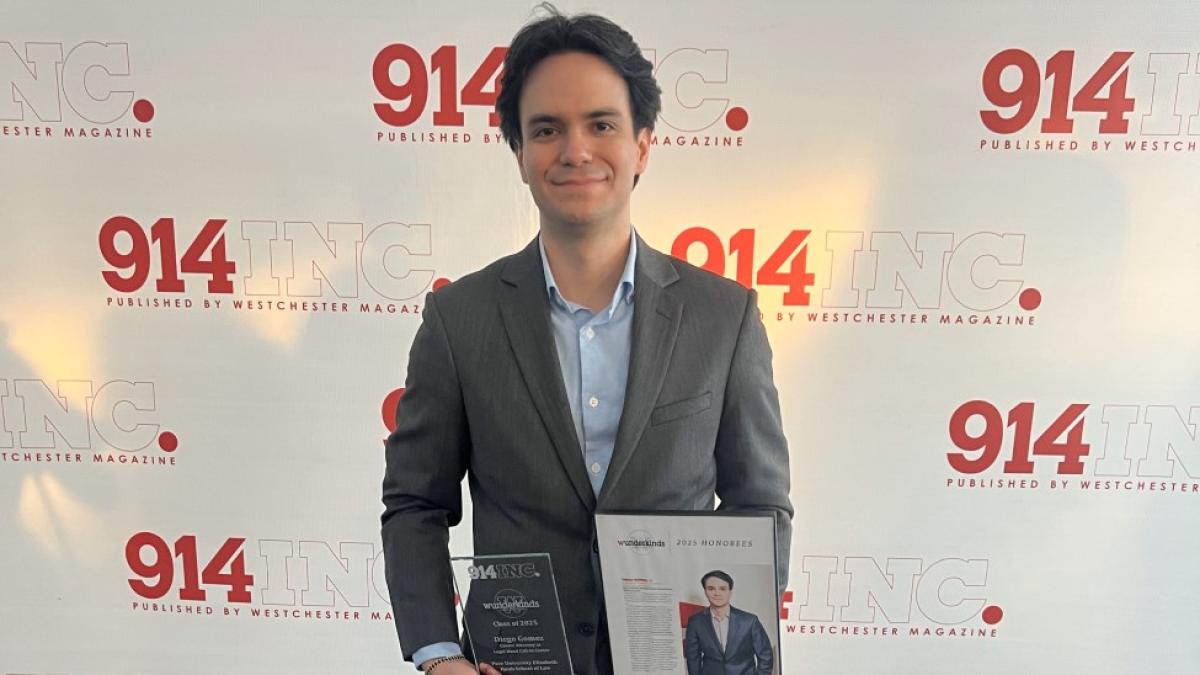

Pace University’s Elisabeth Haub School of Law is proud to announce that Diego Gomez ‘22, Center Attorney at the Legal Hand Call-In Center serving Westchester County, has been named a 2025 Wunderkind by Westchester Magazine’s 914INC. The annual Wunderkinds list honors the region’s most dynamic and innovative young professionals under the age of 35.
When the virtual Legal Hand Call-In Center serving Westchester County launched at the Elisabeth Haub School of Law at Pace University in 2023, Diego Gomez was pivotal in its success. Initially, Diego started as the Center’s Manager and grew into the role of the Center’s Attorney. Through the Legal Hand Call-In Center serving Westchester County, highly trained non-lawyer Volunteers and law students provide free legal information, resources, assistance, and referrals (not legal advice) to virtual Visitors who live, work, or go to school in Westchester County. Volunteers work to help Visitors resolve important issues impacting their life in areas such as housing, immigration, family, domestic violence, public benefits, employment, and many more. Originally established in 2015 in New York City, Legal Hand also has virtual Call-In Centers in Suffolk, Nassau, Schenectady, and Albany Counties.
The 914INC. Magazine article on Diego notes that he has been at the heart of the Center and played a key role in its growth – helping establish it, expanding outreach, increasing community awareness and access to justice. Diego also trains and supervises Haub Law students and local volunteers on how to assist calls from virtual visitors and treat them with the same compassion as if they were a client present in the room. “It is incredibly meaningful to be recognized as a Wunderkind,” said Diego. “This work is about empowering people with knowledge and resources so they can confidently navigate legal challenges.”
The Legal Hand Call-In Center is an all-virtual resource center for community members, with office space on the third floor of Aloysia Hall at the Law School. Legal Hand works to prevent and resolve problems before they become legal actions and to empower neighbors to help neighbors. Law student and community Volunteers must complete a significant formal training process before participating and Diego is crucial in this aspect. The virtual help is language accessible with a language line available for callers who require translations, Diego provides pivotal in this aspect as well, as he is fluent in Spanish and French as well as English.
“I am proud to be part of a mission that centers community and justice and this is one step in the direction of bringing about change on a larger scale,” shares Diego.
Supporting Your Student: Essential Pace Systems for Parents and Families
Pace University provides parents and families with essential tools—Next Gen Dynamic Forms, FERPA authorization, TouchNet, and CampusESP—to stay informed, manage important processes, and confidently support their student’s academic journey.
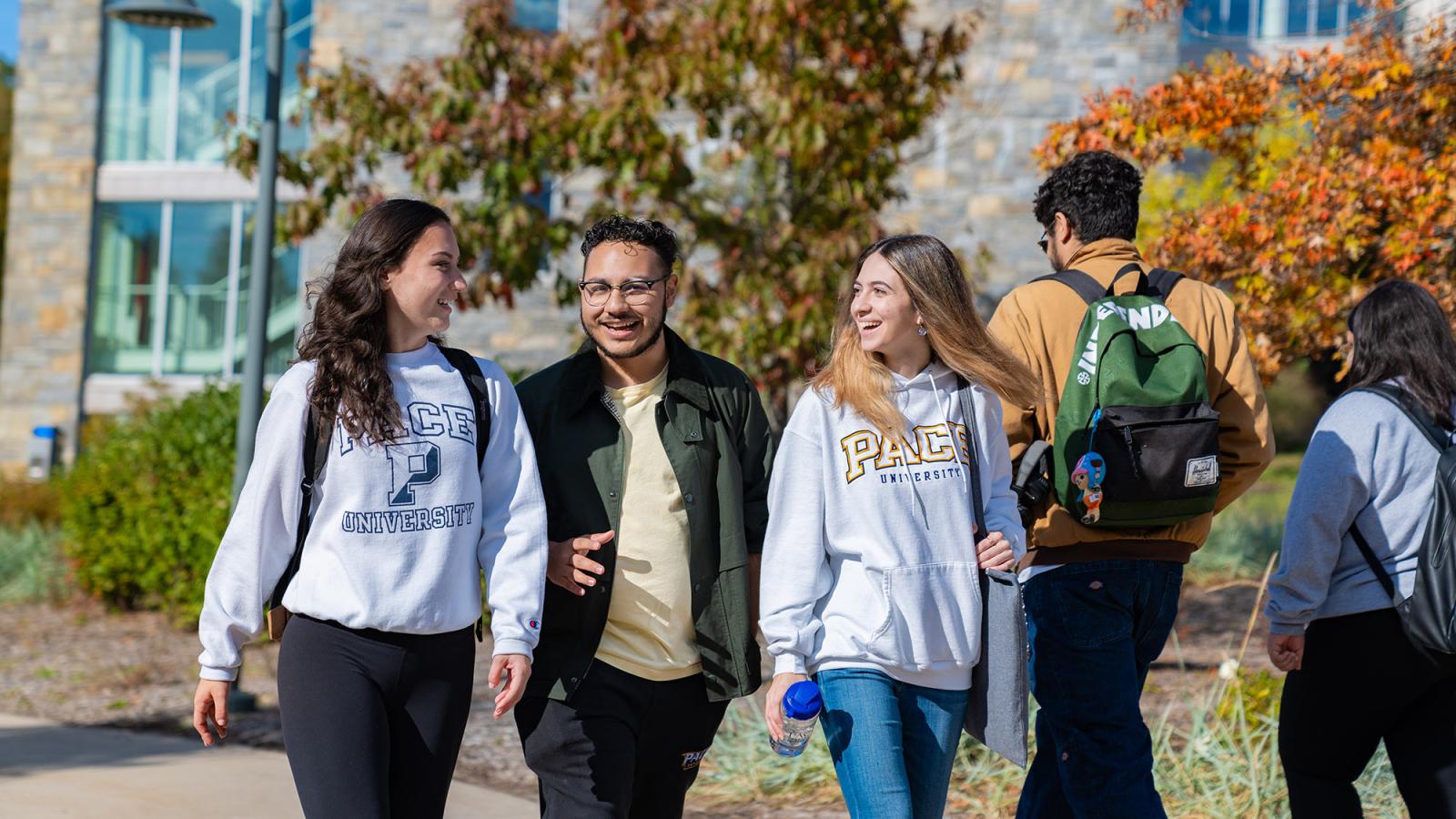
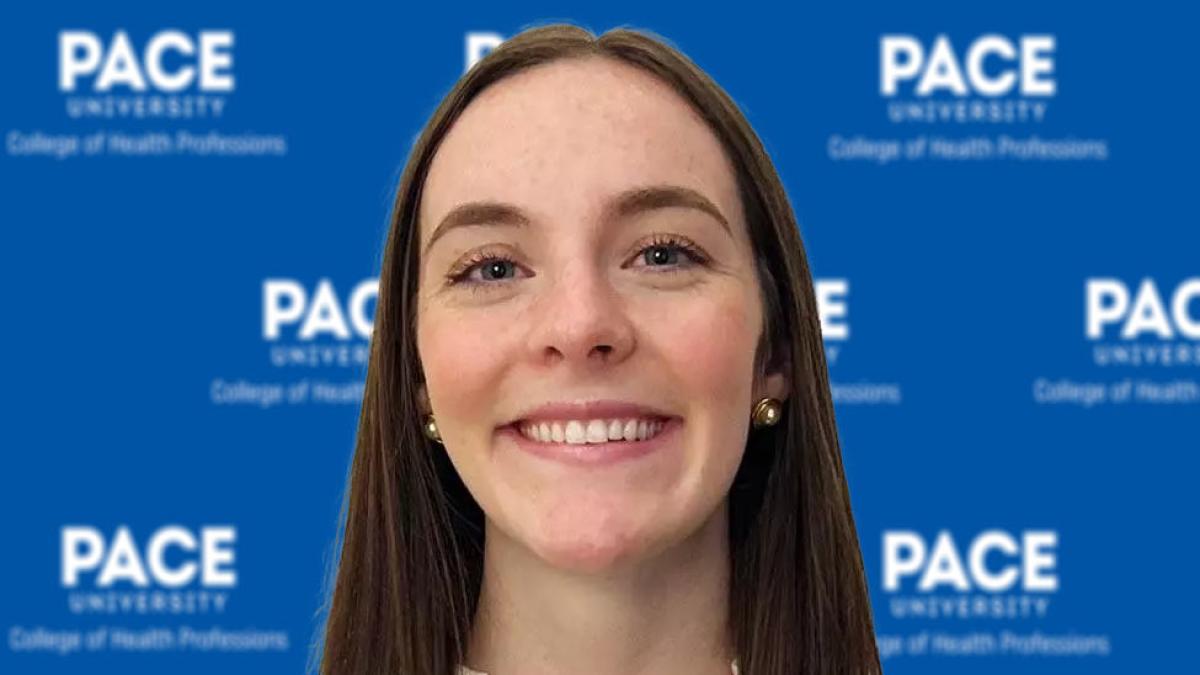
Welcome to the Pace Community! As the parent or family member of a new Pace University student, you play an important role in helping them succeed. We know this is an exciting time—and sometimes an overwhelming one. That’s why we want to make sure you know about the key systems and services Pace offers to keep you informed, connected, and empowered to support your student from day one.
Below, you’ll find the essential tools you need to register for, bookmark, and use so you can stay on top of important forms, financial information, and campus updates.
FERPA: Accessing Your Student’s Records
The Family Educational Rights and Privacy Act (FERPA) protects your student’s educational privacy. Under FERPA, your student must give Pace University written authorization before the University can share details of their academic or financial records with you.
To stay involved in your student’s academic journey, be sure they complete the required FERPA form early on. This authorization allows you to communicate directly with University personnel about important matters.
Learn more about FERPA and how it affects your access.
TouchNet: Managing Payments
TouchNet is Pace’s secure online payment system. It gives you and your student real-time access to account details, transaction histories, payment plan options, and more.
To use TouchNet, your student must authorize you as a user. Once you have access, you can log in as an authorized user to:
- View the student account balance
- Make payments (via electronic check, credit card, or international payment)
- Enroll in a payment plan
Here are your key links:
- Student Log-In (for students)
- Authorized User Log-In (for parents and family)
Next Gen Dynamic Forms
- Next Gen Dynamic Forms is the electronic system your student will use to complete and sign critical University documents.
- Here’s what you need to know: when your student initiates a form that requires your signature or input, they will provide your email address. You’ll then receive an email with a unique link to complete your part. You can also proactively create your own account by clicking “Create New Account” in the Pace Forms Dashboard.
- With your account, you can log in to check the status of any forms, review pending tasks, and download signed documents for your records.
CampusESP: Your Family Portal
CampusESP is your dedicated parent and family portal. It’s a one-stop resource designed to help you stay informed about important campus news, deadlines, and updates on your student’s academic progress and financial details.
We encourage all parents and families to register with CampusESP to stay connected and access the latest information designed just for you.
Log in to CampusESP to start exploring.
By engaging with these systems, you can confidently support your student as they take on the opportunities, challenges, and growth that come with their Pace University experience. We’re excited to welcome you—and your student—to our community of go-getters!
More from Pace
From our emphasis on career readiness and real-life learning to our strategic locations that leverage the unparalleled opportunities of the New York metro area, the advantages of a Pace education are endless.
Wondering how your student will register for classes, get involved on campus, or receive mail? Need to know about billing, insurance, or accommodations? We’ve got answers. Our FAQ guide is designed with families in mind—giving you peace of mind while empowering your student to navigate their new chapter with confidence.
New here? We’ve got you. From ID cards to goat yoga (yeah, you read that right), this list has everything you need to kick off your Pace experience the right way.
Musk’s X Corp. Resists Twitter Layoff Battles as Risks Spread
Elisabeth Haub School of Law at Pace University Professor Imre S. Szalai was quoted in Bloomberg Law providing context on how mass arbitration can pressure companies to settle due to mounting costs of individual cases.
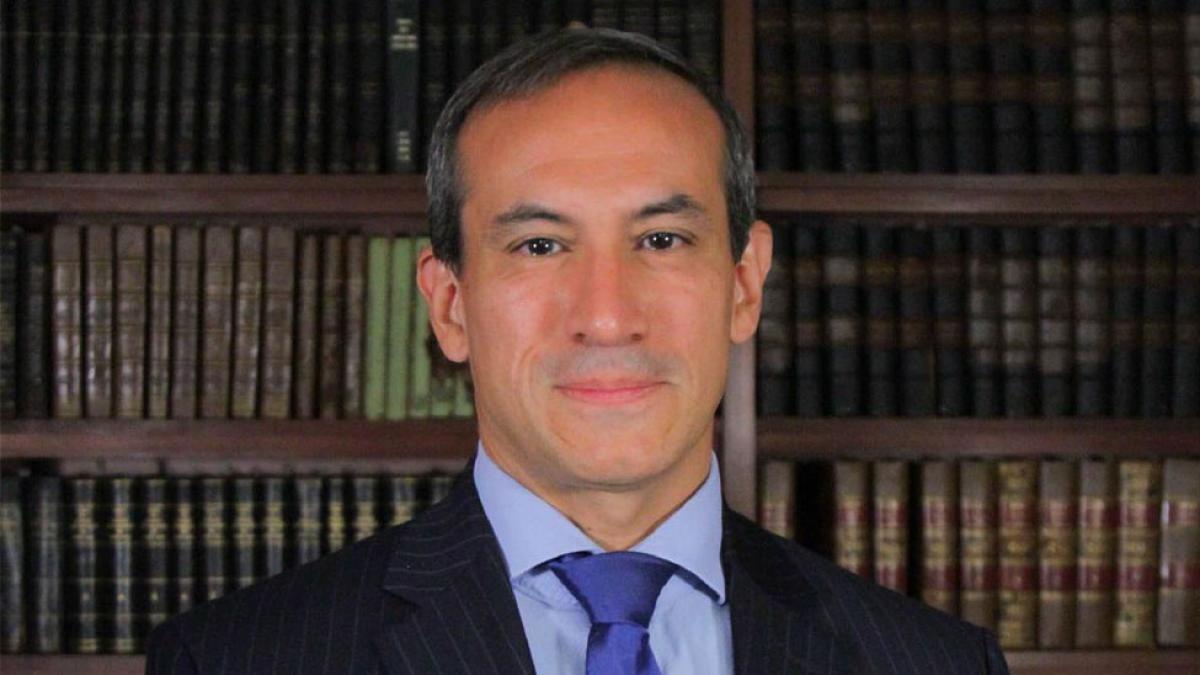
American College of Tax Counsel Elects New Fellows
Haub Law Professor Bridget J. Crawford has been elected as a Fellow of the American College of Tax Counsel, a peer-elected organization of leading members of the Bar who have made significant contributions to the understanding and improvement of our tax system. Membership in the American College of Tax Counsel is an honor reserved for those at the top of their chosen profession and limited to a maximum of 700 tax attorneys across the United States.
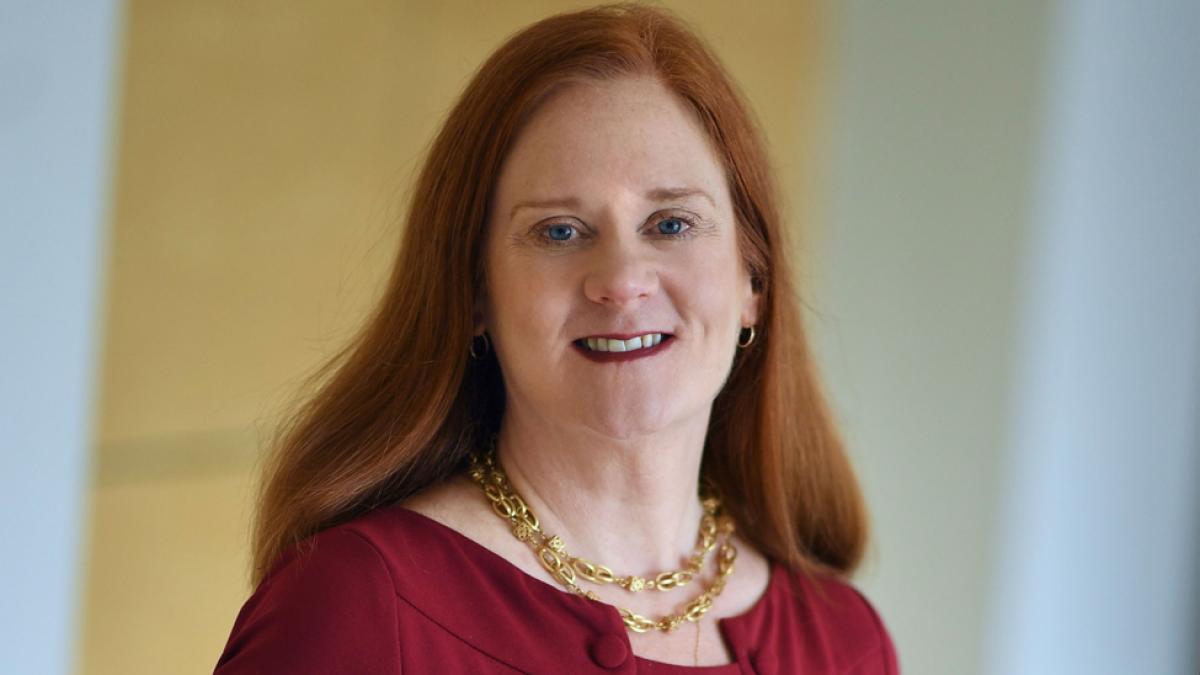
But What About the Birthright Babies?
Elisabeth Haub School of Law Professor Bennett Gershman writes a piece in the New York Law Journal warning that efforts to end birthright citizenship violate the Constitution and long-standing Supreme Court precedent.

